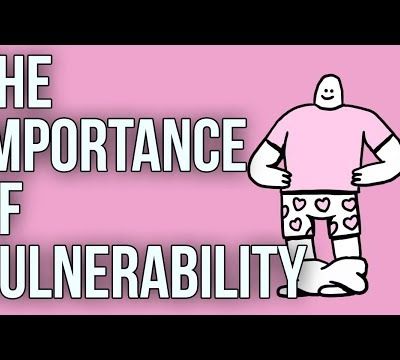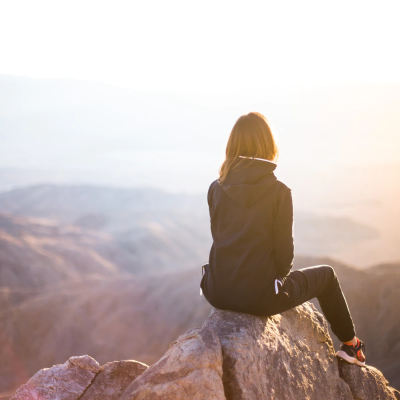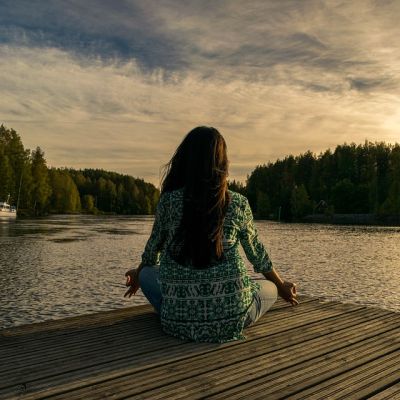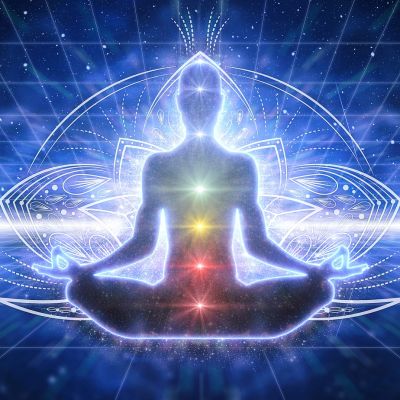spirituality
The only hitch was that neither the agents nor the landlords who lurked behind those rentable flats were particularly keen on leasing their precious properties to a – what! Divorcee??!! No, no, madam, but this flat is only for families.
The most satisfying spiritual and sexual experiences I’ve had were not in my twenties, thirties or even forties. They have been in my 50’s. The most insightful spiritual insights, and the most orgasmic orgasms have both arrived in middle age.
Growing up, for me, has been about accepting that the loneliness and sadness woven into the fabric of my being do not go away with entering conventional arrangements like monogamous relationships or marriage.
What I am proposing here is to look at being in a relationship and being single together because what is important here is the idea of ‘be-ing’ as opposed to the stereotypes and perceptions attached to our relationship with ‘the One’ or to singlehood.
I believe that queer friendships and intimacies are sheer resistance, which not only swallow the despair and pain that might be perpetrated on gender-nonconforming people by their families, but also recognise all the lies about love that have been sold to us.
By the end of the evening, the room was suffused with the celebration of singlehood, rather than any explanation or apology for it. It appeared that the solitary life was envied and extolled by those who have opted out of it as well as many who haven’t.
Spirituality often means different things to different people – some may dismiss it, some may link it to faith or religion, while some may simply experience it as a personal moment of connection. And spirituality is just that, a moment in which one feels ‘beyond’ oneself.
In a way, the expression of vulnerability can be a foundation of trust and mutual support in a relationship, often leading to a sharing of burdens and the building of a deepened connection and solidarity.
The issue with the ‘Aunty’ body arises from a deeply misogynistic and dehumanising understanding of women. In this imagination the woman, whom the world now addresses as ‘Aunty’, has basically served her purpose of marriage and child bearing, and is hence rendered useless.
In spite of the general divergence between the notion of purity and sacredness and the general discourse on sex, I firmly believe that little else in life is as divine as sharing sexual pleasure with another person. Realising this relinquished the shame that I felt and presented itself as an opportunity for me to re-learn how to enjoy sex.
I am 27 now and marriage is the most brought-up topic of conversation by my parents and relatives. Now, choosing or wanting to stay single is inversely proportional to my reputation, respect, and worthiness.
The most satisfying spiritual and sexual experiences I’ve had were not in my twenties, thirties or even forties. They have been in my 50’s. The most insightful spiritual insights, and the most orgasmic orgasms have both arrived in middle age.
What do we create for ourselves in that moment of acute awareness? Do we create empowerment, love, care, self-expression; or do we manipulate it to create abuse, distrust and disharmony? For, what is spirituality if not the uplifting of the human spirit? If sexuality is the medium for someone, what’s the problem?
Or is spirituality something larger, existing in itself, a consciousness much larger than sex, with sexuality being a smaller part, one that is bound to the body, a physical act of pleasure in the temporariness of time and space expressed through the body which is a limited instrument for it?
However elusive the combination of safety and adventure, it’s a framework I find terribly useful. It helps me understand much of life, including spirituality and sexuality, and what the two might have in common.














